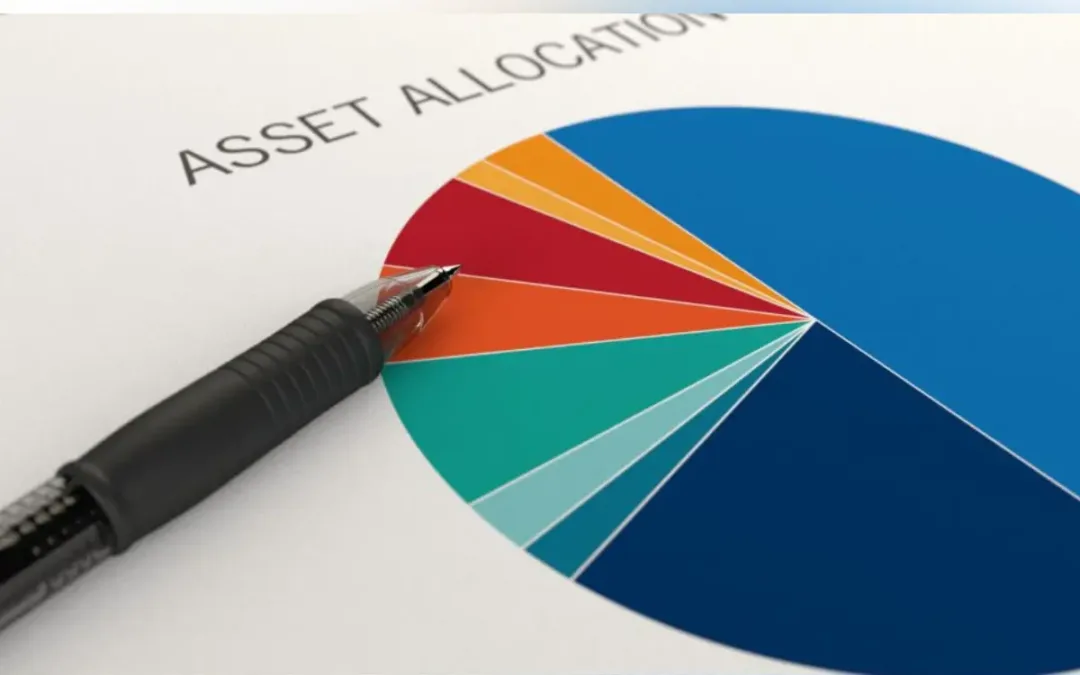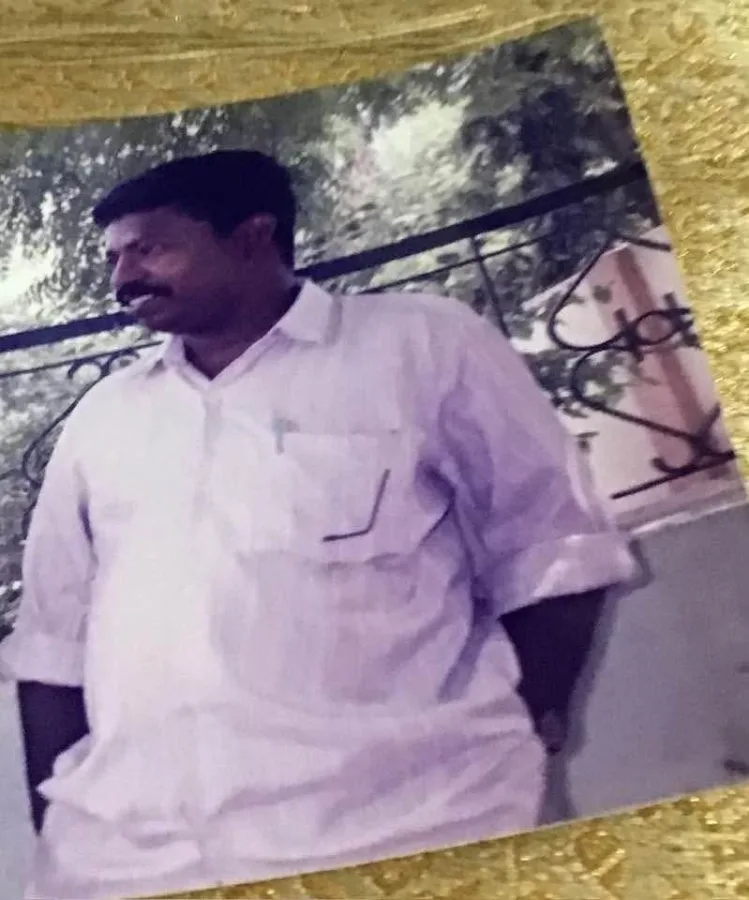Read in : தமிழ்
The State budget is as important as the Union budget, no importance has been given to pre-budget debate on important issues at the district level even in a state like Tamil Nadu, which claims to be a model state for the country.
The state government has not decentralised decision-making either. Without reaching out to major stakeholders for their suggestions on what needs to be done at the city and panchayat level, there cannot be equitable distribution of resources.
The Tamil Nadu budget for 2023-24 should ideally have presented solutions to the several structural and institutional challenges hindering the prospects of equitable growth and development for all sections of people. The state’s revenue and fiscal data does not, however, give a clear picture on what is possible.
Also, there are no transformational schemes and programmes announced in the budget although the government has been harping on about the Dravidian model of economics and social justice.
The state is facing multiple challenges with the electricity department (TANGEDCO) and state transport corporations riddled with huge debts, and state-owned enterprises making major losses. Yet, the government, instead of addressing those issues, keeps offering more freebies and subsidies to the people
The state is facing multiple challenges with the electricity department (TANGEDCO) and state transport corporations riddled with huge debts, and state-owned enterprises making major losses. Yet, the government, instead of addressing those issues, keeps offering more freebies and subsidies to the people, and not just to those living below the poverty line. There is no transparency or accountability about the use of funds allocated for such schemes in the budget either.
At the outset, the state finance minister mentioned that owing to the unprecedented and difficult reforms undertaken, the government has reduced the annual revenue deficit from Rs 62,000 crore to Rs 30,000 crore in the revised estimates for the current year. The revenue deficit for 2023-24 has been estimated at Rs 37,540.45 crore.
Also Read: TN budget: Debate throws up mixed reactions
The state’s fiscal deficit has been estimated at Rs 74,524.64 crore in the revised estimates which is 3% of the GSDP for the current year. And for the coming year, the fiscal deficit has been estimated at Rs 92,074.91 crore, which is 3.25% of the GSDP and is an increase of 0.25% of GSDP or Rs 17,550.27 crore.
It is even more interesting that for the coming year 2023-24, the state government plans to raise loans and the net borrowings are projected at Rs 91,866.14 crore, including Rs 82,625.96 crore of Net Open Market Borrowings and Rs 9,240.18 crore from other sources. Due to these loans borrowed year after year for the purpose of giving freebies and doles to the people, the yearly payment of interest on loans has been consistently increasing.
In the budget, the expenditure on account of staff salaries is a committed expenditure estimated at Rs 77,240.31 crore for 2023-24 which is an increase of 14.14%. Further, the expenditure under salaries will increase to Rs 84,964.34 crore in 2024-25 and Rs 94,460.78 crore in 2025-26, effectively not leaving much for actual development projects.
The expenditure outlay for the committed expenditure on pensions and retirement benefits is Rs 36,973.02 crore for 2023-24. It has been projected to increase to Rs 39,930.86 crore in 2024-25 and Rs 45,524.64 in 2025-26. Hence, the increase is consistent.
There is not a single word in the budget on managing the increasing amounts of municipal solid waste, e-waste, hazardous waste, industrial effluents, and discharge of sewage wastewater in cities and urban centres.
The expenditure on account of subsidies and transfers is estimated to be Rs 1,22,088.19 crore in the budget estimates 2023-24. Further, it has been estimated that the expenditure will increase to Rs 1,25,426.34 crore in 2024-25 and Rs 1,29,204.59 crore in 2025-26.
The interest payments on public debt raised in the previous years continue to increase. For 2023-24 it is Rs.55,431.49 crore, and it is projected to increase to Rs 61,876.73 crore in 2024-25 and Rs 68,598.91 crore in 2025-26.
Also Read: Tamil Nadu Budget 2023-24: A bit here, a bit there!
Tamil Nadu plans to borrow loans of Rs 1,43,197.93 crore for 2023-24 and make a repayment of Rs 51,331.79 crore. However, the budget has not dealt with how the tax revenue would be mobilised to finance these increased expenditures. How can it be a model state if its financial health is poor?
The reduction in property registration rates from 4% to 2%, announced in the budget, would generate some additional revenue, but not much.
The plans to improve skills ecosystems, including institutional capacity building and fulfilling industry requirements of skilled manpower, is very much the need of the hour. But corruption at the implementation level in district headquarters in imparting market-relevant skills are yet to be addressed.
The various new schemes announced in the budget are not growth-oriented institutional reforms and do not employ technologies-based solutions to overcome major challenges. There is not a single word on managing the increasing amounts of municipal solid waste, e-waste, hazardous waste, industrial effluents, and discharge of sewage wastewater in cities and urban centres. The massive pollution they create affects the health of women, children, and elderly people.
The state will pay a huge price in the future for ignoring critical issues like solid waste and sewage wastewater management, as the state is highly urbanised with more than 54% of people living in urban areas
Though the budget mentions “cleaning activities such as prevention of sewage from entering the river and construction of Sewage Treatment Plants (STPs)”, these are outdated methods. The Tamil Nadu government seems unable to think beyond conventional methods, whereas other states are moving away from STPs and adopting new technologies to reduce pollution. Capital investments should ideally be made in such new technologies to minimise pollution in cities and urban centres.
Metro projects, new international centres, “Ezhilmigu Kovai”, “Ma-Madurai”, Tamil Nadu Tech City, Neo-TIDEL parks, etc. with poor sanitation systems will not make the state a model one. The state will pay a huge price in the future for ignoring critical issues like solid waste and sewage wastewater management, as the state is highly urbanised with more than 54% of people living in urban areas.
The state government’s budget has failed miserably in addressing such issues, and neglecting such vital areas is as good as making a mockery of development politics.
(The author is an economist and public policy expert)
Read in : தமிழ்











